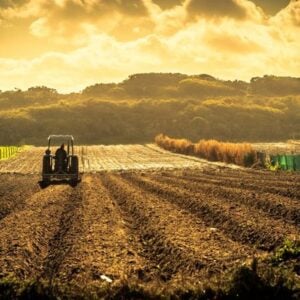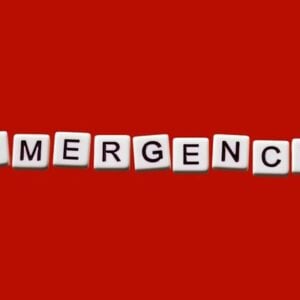The Government of Zimbabwe, in collaboration with the Food and Agriculture Organization of the United Nations (FAO), the Southern African Development Community (SADC) Secretariat, and the European Union (EU), has officially launched the second phase of the Support Towards the Operationalization of the SADC Regional Agricultural Policy (STOSAR II) project. Building on the successes of STOSAR I (2018–2024), the new phase aims to accelerate agricultural and food system transformation across the 16 SADC Member States, including Zimbabwe, with a focus on enhancing resilience, inclusivity, and sustainability in the sector. Funded with EUR 10 million by the EU under the DeSIRA programme, STOSAR II will further empower farmers, agribusinesses, and communities.
Dr. Obert Jiri, Permanent Secretary in Zimbabwe’s Ministry of Lands, Agriculture, Fisheries, Water and Rural Development, highlighted that STOSAR II will build on prior achievements while delivering more tangible benefits to farmers and the nation. FAO emphasized its role in supporting Zimbabwe by strengthening agricultural information systems, plant and animal health, food security monitoring, and value chain development to improve market access. Patrice Talla, FAO Subregional Coordinator, noted that national priorities and workplans will be defined to ensure the project meets the specific needs of Zimbabwe’s agricultural sector.
The European Union reinforced its commitment to sustainable agricultural transformation across Africa through its €10 million contribution, which aims to improve data sharing, protect against cross-border pests and diseases, enhance food and nutrition security monitoring, and create inclusive opportunities for smallholders, women, and youth. STOSAR II’s launch is seen as a key milestone in strengthening agricultural systems, enhancing food security, and fostering participation in value chains that align with national development objectives.
STOSAR II focuses on four strategic areas: enhancing agricultural data systems for evidence-based policymaking, strengthening plant and animal health to boost trade and market access, improving food and nutrition security through monitoring and early warning mechanisms, and promoting inclusive value chains to empower women, youth, and SMEs in sustainable, climate-smart agriculture. The initiative also aligns with the SADC Regional Agricultural Policy and the Regional Indicative Strategic Development Plan (RISDP) 2020–2030, promoting harmonized approaches to agricultural health, nutrition, and trade across the region.
The project is expected to strengthen Zimbabwe’s capacity to manage transboundary pests and diseases, improve food safety standards, and enhance agribusiness competitiveness. This, in turn, will facilitate cross-border trade, reduce food insecurity, and contribute to sustainable agricultural growth throughout the SADC region. Through participatory planning, stakeholder engagement, and the development of a co-owned roadmap, STOSAR II aims to ensure Zimbabwe’s agricultural health systems are resilient, responsive, and aligned with both regional and international standards.







